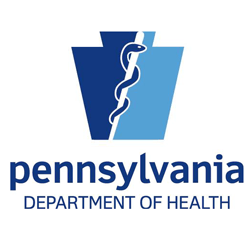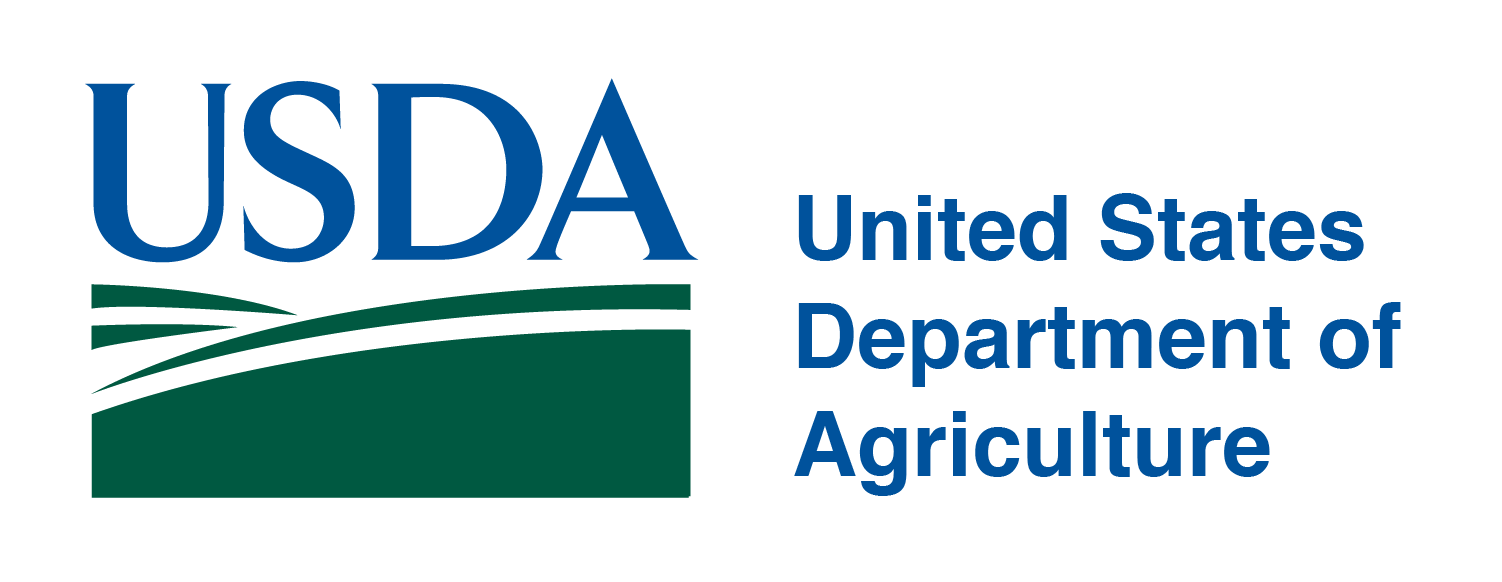From The Atlantic, November 18, 2021
Every few months throughout the pandemic, Wesley Thompson, a communications consultant in Washington, D.C., has driven to Indiana with his wife and two kids to visit his parents. He wanted to escape COVID cabin fever and give his 4- and 2-year-old some room to run around, which they could do more easily in his parents’ small town.
The trips have offered him a glimpse into how Americans who live between the coasts have been spending the pandemic. In the summer of 2020, some people around his parents’ hometown “would look at us like we’re crazy for wearing masks in public,” Thompson told me. At one point, the family ate at a Mexican restaurant where the workers weren’t masked and thought the Thompsons were strange for wanting to sit outside on a hot day.
That winter, the pandemic became so bad that Hoosiers largely donned masks too. But once vaccines rolled out this past spring, they seemed quick to lose them. “This year, we went up for the Fourth of July, and we still had our kids wearing masks when they’re on the playground,” Thompson said. “And other parents would be like, ‘Why are you doing that? Are they sick?’”
When he goes to the grocery store in Indiana, he can wear a mask, or, like some fellow customers he encounters, just go without—the state has no mask mandate. But, he said, “if I went into a grocery store here in D.C. without a mask on, someone’s gonna say something.” His kids are now so accustomed to masks that his 2-year-old recently asked to wear one around the house.
Technically, the Washingtonians, in their strictness, are doing it right. The CDC now recommends that fully vaccinated people wear a mask indoors if they live in an area of “substantial or high transmission”—a definition that both the District of Columbia and almost the entire state of Indiana meet. Going maskless if you’re vaccinated might be an acceptable choice. The problem, though, is that Indiana also has a lower vaccination rate: About half of its residents are vaccinated, compared with about two-thirds of the population of Washington.
The difference between the COVID-19 precautions Thompson has observed at home in D.C. and the looser rules he’s witnessed in Indiana are part of a common—and, for public-health workers, vexing—trend emerging at this point in the pandemic. Some parts of the country have given up on masks, outdoor socializing, and working from home. They feel, in short, that the pandemic is “over.” Unfortunately, those are also some of the areas where COVID-19 vaccination rates are lowest.
According to a recent Atlantic/Leger poll, compared with people in urban or suburban areas, people in rural areas are most likely to feel like things are “back to normal” where they live—45 percent thought so, compared with 30 percent of urbanites and 36 percent of suburbanites. Rural Americans were also the least likely group to say they wished their neighbors would be more cautious about COVID-19.
People in rural areas are also significantly less likely than the other two groups to wear a mask indoors at restaurants and bars, or at work. They were the least likely group to say that their kids are required to wear masks to school or day care. They are also more likely to socialize with friends indoors without masks on: 68 percent said they now do this, compared with 54 percent of urbanites. A typical worker in D.C. might send his kid to preschool in a mask, ride to work on the Metro in a mask, and meet friends for drinks at an outdoor café, just in case. An hour and a half away, a typical worker in Culpeper, Virginia, might spend her day exactly as she would have in 2019.
Rural Americans are returning back to normal even though they are less likely to say that most adults they know are vaccinated: 48 percent of rural respondents answered “yes” to this question, compared with 68 percent of suburbanites and 63 percent of urbanites. (To be fair, 24 percent of rural respondents said they weren’t sure, compared with about 15 percent of the other two groups.) This result mirrors the lower vaccination rate among rural adults found in other research.
For the poll, Leger surveyed 1,006 American adults from November 5 to November 7. The urban-rural divide is the strongest difference that emerged in current attitudes toward the pandemic, but we did not control for education or political orientation, which might explain some of the disparity. We also allowed respondents to self-select as urban, rural, or suburban, and some people might have thought they were “rural” without meeting the census definition. Thompson’s parents’ town is not technically “rural”—it’s at a juncture between developments and farmland. But his experience shows how even in more developed areas, large swaths of America are through with the pandemic. “For a lot of people who aren’t wearing masks or getting vaccinated, they think that this has just been blown out of proportion, and that people are just too fearful and need to go about their lives,” says Marcus Plescia, the chief medical officer at the Association of State and Territorial Health Officials.
Among the rural unvaccinated, this is a false sense of security. COVID is spreading rapidly in rural areas, which is worrisome because rural people tend to be older, poorer, and in worse health to begin with. If they do get sick, they have less access to hospitals—more than 100 rural hospitals have closed since 2013. The COVID-19 death rate in rural America is now twice the death rate in urban areas. And the longer that pockets of unvaccinated Americans remain, the greater the likelihood that new variants will take hold and spread elsewhere.
The urban-rural split in COVID-19 caution is in part a reaction to early pandemic restrictions, such as limits on gatherings, that were targeted at cities but also hit rural areas where cases were initially low. Standing in the middle of a midwestern cattle ranch in the spring of 2020, you might have been confused as to why a disease in Manhattan was affecting your life. “Rural communities were swept up in that and may not have agreed with those policies, and now they’re taking back control,” says Brian Castrucci, the president of the de Beaumont Foundation, a public-health nonprofit.
Meanwhile, policy makers haven’t tried very hard to understand rural America’s view of the pandemic. “Who’s even talking to these folks? Who got out to the rural communities to talk to them about why we should have these policies and the importance of vaccination?” Castrucci says. Many counties in rural America lack health departments, doctors, and now, news outlets. Of course they feel abandoned, and at this point, defiant.
At the Pennsylvania Office of Rural Health, the COVID-19 program manager Rachel Foster has noticed “rising levels of resistance” to measures such as vaccination and masking. Her department recently interviewed 57 Pennsylvanians around three counties about their views on COVID vaccination. Among those who were vaccine-hesitant, the top reasons were that “the vaccines are unsafe, that people can actually get COVID-19 from the vaccine, or that the rollout was too fast. We’ve heard that people feel if they already had COVID-19, that they’re safe. We’ve heard some strong expressions of freedom and personal choice,” she says. In the words of one of her respondents, “If I have gotten this far without getting COVID, why would I need a vaccine?”
People who live in rural areas are also more likely to be Republican, and as COVID-19 became politicized, Republicans grew less likely to get vaccinated voluntarily or to endorse masking and other restrictions. Rural areas and red states issued fewer restrictions, such as mask mandates, throughout the pandemic, so it makes sense that they’d have fewer restrictions now. “This is a very long-standing difference in our country of what sort of pandemic measures we had,” says Polly Price, a law and global-health professor at Emory University. “You had different pandemic experiences depending on where you live.”
Of course, rural America, like the rest of America, contains multitudes. Some attitudes seem to vary by region: In our poll, masks in day cares and schools were more common in the Northeast, and less common in the South. Similarly, northeasterners were more likely than southerners or midwesterners to say they had to wear a mask to the office, but also that most of the adults they knew were vaccinated. (Even though this could not possibly be the case, given that there are roughly equal numbers of men and women everywhere, men were more likely than women to say things are “back to normal,” and that they no longer have to wear a mask indoors in restaurants and bars.) I spoke with John Ortiz, a day-care provider in Louisa, Virginia—population 1,744—who is vaccinated, unlike most of his county, and still avoids crowded places. He has kept his day care closed because he worries he’ll be held liable if a child gets COVID. In other rural places, vaccination rates might be low not because people are hesitant but because pharmacies are scarce in their area, or residents had to move for work. “A person might be in one place and get a vaccination, and then 100 miles away working a different area when it came due for their second shot,” says Daniel Derksen, a public-health professor at the University of Arizona who specializes in rural health.
How can the rural population witness so much death from COVID-19 while simultaneously dismissing the pandemic? Tom Pyszczynski, a psychology professor at the University of Colorado at Colorado Springs, chalks it up to denial. Not everyone dies of COVID. “If you’re motivated to believe that COVID is not a real threat,” he says, “knowing someone who’s had the disease and recovered, or had a mild case, sort of validates that belief.” To those who want to believe, a few vivid stories of miraculous recovery will drown out an impersonal statistic like 760,000 dead.
The other phenomenon is an attitude akin to fatalism. “In some places, there’s sort of a feeling that maybe there’s nothing that can be done, or it’s God’s will,” says Carrie Henning-Smith, a health-policy professor at the University of Minnesota who studies rural health.
Jeani Vichayanonda, a home-based physical therapist in Rolla, Missouri, about 100 miles southwest of St. Louis, says some of her patients need help relearning basic life skills, such as walking and dressing, after they’ve suffered a severe case of COVID. Many didn’t acknowledge COVID until they had it, she says. Some denied it even then: They tried to recover at home until their oxygen saturation dropped too low. “A lot of them were in the hospital because they weren’t vaccinated and they went down really hard, and I see them after they get out of the hospital,” she told me.
When she walks into her patients’ homes, Fox News is often blaring. If a family member dies of COVID, her patients sometimes rationalize it by saying that person must have had other health problems. The attitude seems to be, “Yes, there are these deaths. And it’s very sad, that neighbor down
the road died, but you know, I’m just gonna keep on living my life,” she said.
In September, Vichayanonda contracted COVID from one of her patients. But because she’s vaccinated, she’s doing fine.



